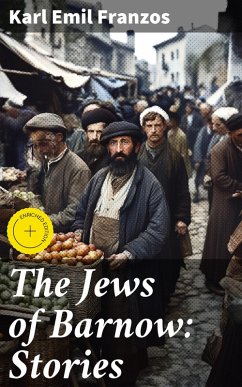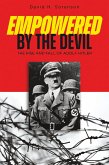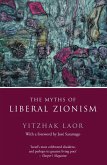Karl Emil Franzos's 'The Jews of Barnow: Stories' is a poignant collection of interconnected tales set in the Jewish community of 19th-century Barnow, filled with vivid descriptions and rich character development. Franzos's unique blend of realism and romanticism, coupled with his exploration of themes such as identity, tradition, and faith, make this work a significant contribution to Jewish literature of the time. The narrative flows seamlessly, capturing the reader's attention from the first page to the last, with each story offering a new perspective on the struggles and triumphs of the characters. Franzos's attention to detail and empathy for his subjects create a compelling and emotionally resonant reading experience. Karl Emil Franzos, a Jewish-Austrian writer known for his depictions of Jewish life in Eastern Europe, drew inspiration from his own cultural heritage and his experiences traveling through the region. His deep understanding of Jewish traditions and his empathy for the characters he portrays infuse 'The Jews of Barnow' with authenticity and depth. Franzos's work reflects his commitment to shedding light on the complexities of Jewish identity and history. I highly recommend 'The Jews of Barnow: Stories' to readers interested in exploring the intricacies of Jewish life in Eastern Europe and those who appreciate finely crafted, emotionally resonant storytelling. Franzos's masterful prose and insightful exploration of human nature make this collection a compelling and thought-provoking read.
Dieser Download kann aus rechtlichen Gründen nur mit Rechnungsadresse in A, B, BG, CY, CZ, D, DK, EW, E, FIN, F, GR, H, IRL, I, LT, L, LR, M, NL, PL, P, R, S, SLO, SK ausgeliefert werden.









